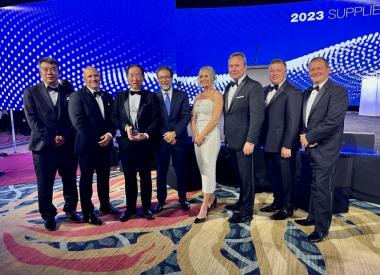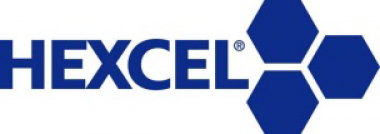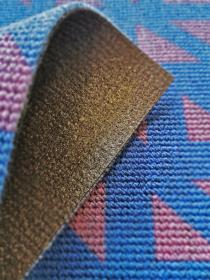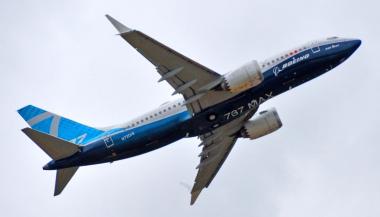Toray Composite Materials America: Boeing Supplier of the Year
Toray Composite Materials America, Inc. headquartered in Tacoma, Washington, has been awarded the "Boeing Supplier of the Year" award, a leadership-nominated award given to supplier companies that support and propel Boeing's strategic objectives through risk-sharing and enduring partnerships. This year, 12 companies were selected from among 11,000 Boeing suppliers worldwide, and CMA was selected as one of them for the Alliance Award. This is Toray's second award from Boeing, receiving the Supplier of the Year Excellence Award in 2019.
Toray began supplying Boeing in 1975 when it first qualified TORAYCA™ T300 carbon fiber for commercial application on the Boeing 737. Since then, Toray has provided high-performance carbon fiber and highly toughened, primary structure carbon fiber composite prepreg on various programs.
The trophy was presented by William A. Ampofo II, Vice President of Parts & Distribution Services and Supply Chain for Boeing Global Services and Chair of the Supply Chain Operations Council to CMA.
Toray











